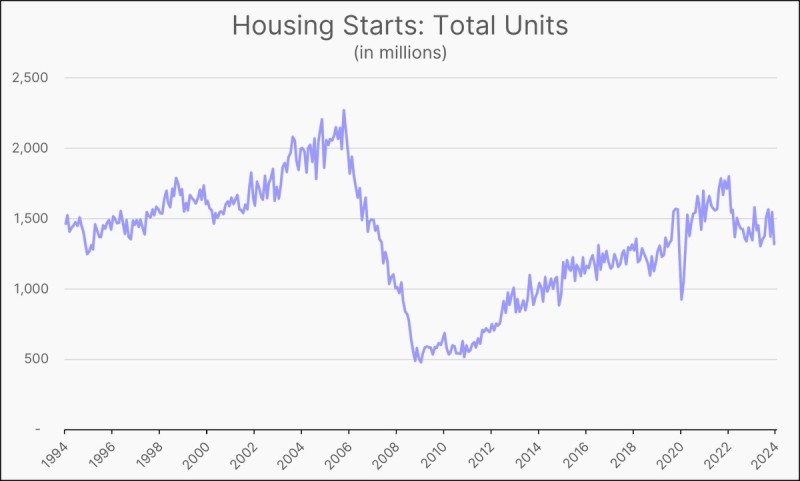Advertisement
FINRA Orders Schwab to Pay $18 Million to Investors for MBS Market Trouble

The Financial Industry Regulatory Authority (FINRA) has announced that it has ordered Charles Schwab & Company Inc., to pay $18 million into a Fair Fund to be established by the Securities & Exchange Commission (SEC) to repay investors in YieldPlus, an ultra short-term bond fund managed by Schwab's affiliate, Charles Schwab Investment Management. The $18 million consists of the $17.5 million in fees that Schwab collected for sales of the fund, plus a fine of $500,000, both of which will have been designated as restitution to customers.
FINRA's investigation found that despite changes in YieldPlus' portfolio that caused the fund to be disproportionately affected by the turmoil in the mortgage-backed securities (MBS) market, Schwab failed to change its marketing of the fund. In written materials and in conversations with customers, some Schwab representatives omitted or provided incomplete or inaccurate material information relating to the fund's characteristics, risk and diversification, and continued to represent YieldPlus as a relatively low-risk alternative to money market funds and other cash alternative investments that had minimal fluctuations in net asset value (NAV).
Between Sept. 1, 2006, and Feb. 29, 2008, Schwab sold more than $13.75 billion in shares of YieldPlus to customers, which accounted for approximately 98 percent of the amount Schwab customers invested in ultra short-term bond funds. During this time period, Schwab's solicited sales of YieldPlus totaled approximately $3.36 billion, approximately 40 percent of which were to customers 65 years of age or older. Schwab collected approximately $17.5 million in fees from sales of the fund.
"Firms must ensure that their marketing materials are accurate and that their brokers are provided with current information about the products they are selling so they can provide investors with the information necessary to make informed decisions," said Brad Bennett, FINRA executive vice president and chief of enforcement. "Despite the drastic change in YieldPlus' holdings that increased the fund's risk and price volatility, Schwab failed to adequately provide this information to customers and its representatives, and instead continued to market the fund to customers as a cash alternative with minimal risk and price fluctuation."
FINRA found that in late August 2006, Schwab Investment's Board of Trustees approved a proposal from YieldPlus' fund manager to no longer classify non-agency mortgage-backed securities as an "industry" for purposes of the fund's concentration policies. This change purportedly allowed the fund manager to increase the amount of non-agency mortgage-backed securities in the portfolio to greater than 25 percent of the fund's assets. As a result, by February 2008, YieldPlus held over 50 percent of its assets in mortgage-backed securities, and about 40 percent in non-agency mortgage-backed securities.
FINRA found that Schwab was or should have been aware of the fund's significant exposure to mortgage-backed securities in light of the increasingly unfavorable financial markets. As YieldPlus' NAV declined in the latter part of 2007, Schwab acknowledged internally that YieldPlus was a higher-risk investment than it had been in the past. Internally, some Schwab employees even began referring to YieldPlus as "Yield Minus." Schwab nevertheless continued to describe to investors YieldPlus as being very low risk with minimal fluctuations in share price. Schwab also was aware that YieldPlus was being marketed improperly. The firm's product manager for YieldPlus advised others that the firm needed "to get away from saying YieldPlus is equivalent to a money market fund," but the firm failed to stop this practice.
FINRA found that Schwab's investment management unit was aware of the changes in the fund's portfolio and the significant increase in the percentage of the fund's mortgage-backed securities holdings, but it failed to appreciate the concomitant increase in the risk of the fund and price volatility. Meanwhile, Schwab's retail brokerage division did not change the way it marketed YieldPlus or the internal guidance it provided to its registered representatives.
In its advertisements and sales literature, Schwab described YieldPlus as a cash alternative investment. Schwab initiated marketing campaigns during the second half of 2006 and continued into 2007, one of which was internally called the "Cash" campaign, which compared the performance of YieldPlus to a money market fund and promoted YieldPlus as an alternative to money market funds. In the campaigns, Schwab did not disclose that the higher returns resulted from the greater risk in the portfolio. Other advertisements emphasized the "minimal risk" and "high degree of price stability" in YieldPlus.
The increased concentration in mortgage-backed securities caused YieldPlus to be severely impacted by the decline in the mortgage-backed securities market that began in the summer of 2007. YieldPlus' NAV dropped significantly, falling from a high of $9.69 on Feb. 26, 2007, to $8.79 on February 29, 2008, a decline of 9.3 percent.
In concluding this settlement, Schwab neither admitted nor denied the charges, but consented to the entry of FINRA's findings.
This investigation was conducted by Chris Neidlinger, Michael Rogal and Jeff Bloom of the Enforcement Department, under the supervision of Carolyn Craig, Enforcement Director, and Sam Israel, Enforcement Chief Counsel, with the assistance of Jay Martin Levine, David R. Roscum and Amy Sochard of FINRA's Advertising Regulation Department.
For more information, visit www.finra.org.
About the author





